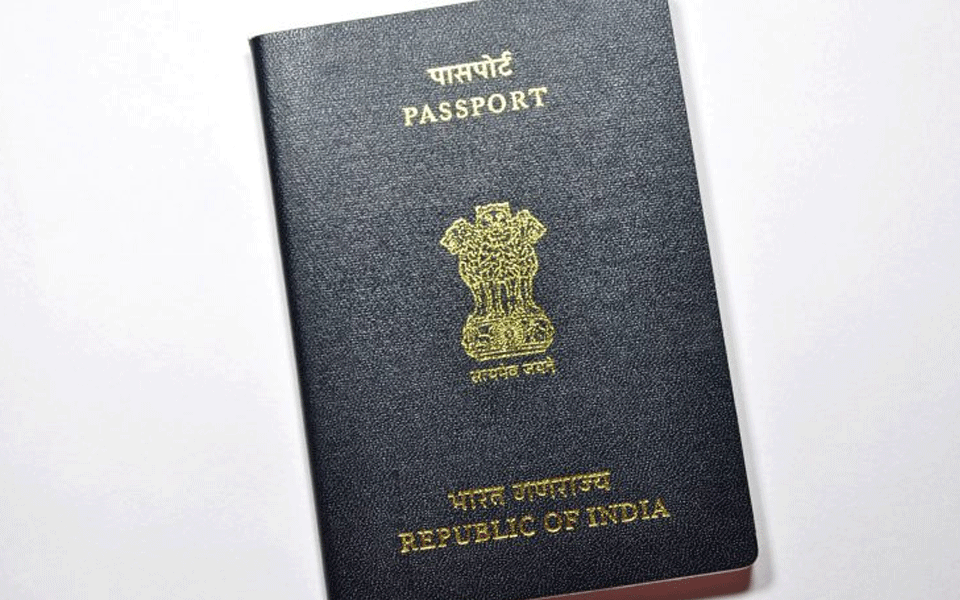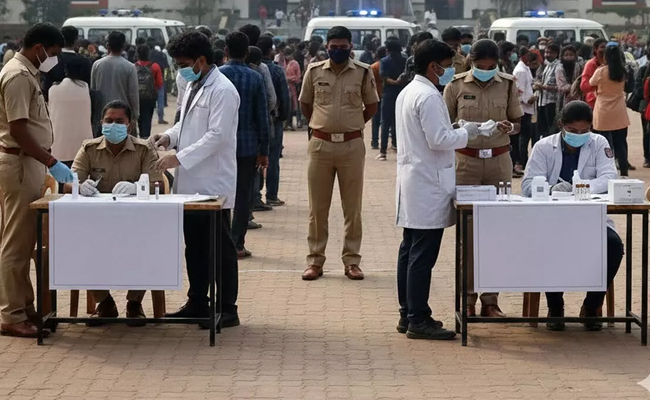New Delhi: Plans are afoot to issue e-passports with advanced security features such as a chip storing personal details of an applicant embedded in the physical passport booklet, the government informed Thursday.
In a written reply to a question in the Rajya Sabha Minster of State for External Affairs V Muraleedharan said incase anyone tampers with the chip, the system shall be able to identify it resulting in the failure of the passport authentication.
Asked whether the government is considering to come out with passports with advanced security features, the minister answered in the affirmative and said the personal particulars of the applicant would be digitally signed and stored in the chip, which would be embedded in the physical passport booklet.
The government has given its approval for procurement of electronic contactless inlays for manufacturing of e-passports to the India Security Press (ISP) Nasik, he said.
In this regard, ISP, Nasik, has been authorised to float a global three-stage tender for procurement of the International Civil Aviation Organisation (ICAO)-compliant electronic contactless inlays along with its operating system, which is required for the manufacture of e-passports, Muraleedharan said.
The manufacture of e-passport will commence on the successful completion of the tendering and procurement process by the ISP, he said.
Responding to another question on whether Passport Seva Project has been issuing one crore passports every year, the minister said, "Yes. The ministry issued more than 1.12 crore passports in 2018 and 1.08 crore passports in 2017 in India.
Let the Truth be known. If you read VB and like VB, please be a VB Supporter and Help us deliver the Truth to one and all.
Gurugram (PTI): A petrol pump worker died after an SUV rammed into his motorcycle in the Sushant Lok area here, police said on Thursday.
The accused driver fled the scene, leaving the vehicle after the accident. An FIR has been registered at the Sushant Lok police station, they said.
According to police, the accident occurred on Wednesday afternoon when Mukesh was travelling from Sector 44 to Sushant Lok on Vyapar Kendra Road for some work.
Near Vyapar Kendra, a white Thar coming from the wrong side at high speed hit his motorcycle head-on, leaving him critically injured, they said.
The driver fled the scene, leaving the vehicle behind, police added.
Eyewitnesses claimed the vehicle had no number plates either at the front or rear.
Locals took Mukesh to a private hospital, where he died during treatment, police said. He was a resident of Rohta Patti in Palwal and worked at a petrol pump in Sector 44.
An FIR was registered against the unidentified driver, based on a complaint lodged by his brother Ashok. The body was handed over to the family after a post-mortem on Thursday, police said.
“The Thar vehicle has been seized from the spot. CCTV footage from the area is being examined, and the driver will be arrested soon,” a Gurugram police spokesperson said.





